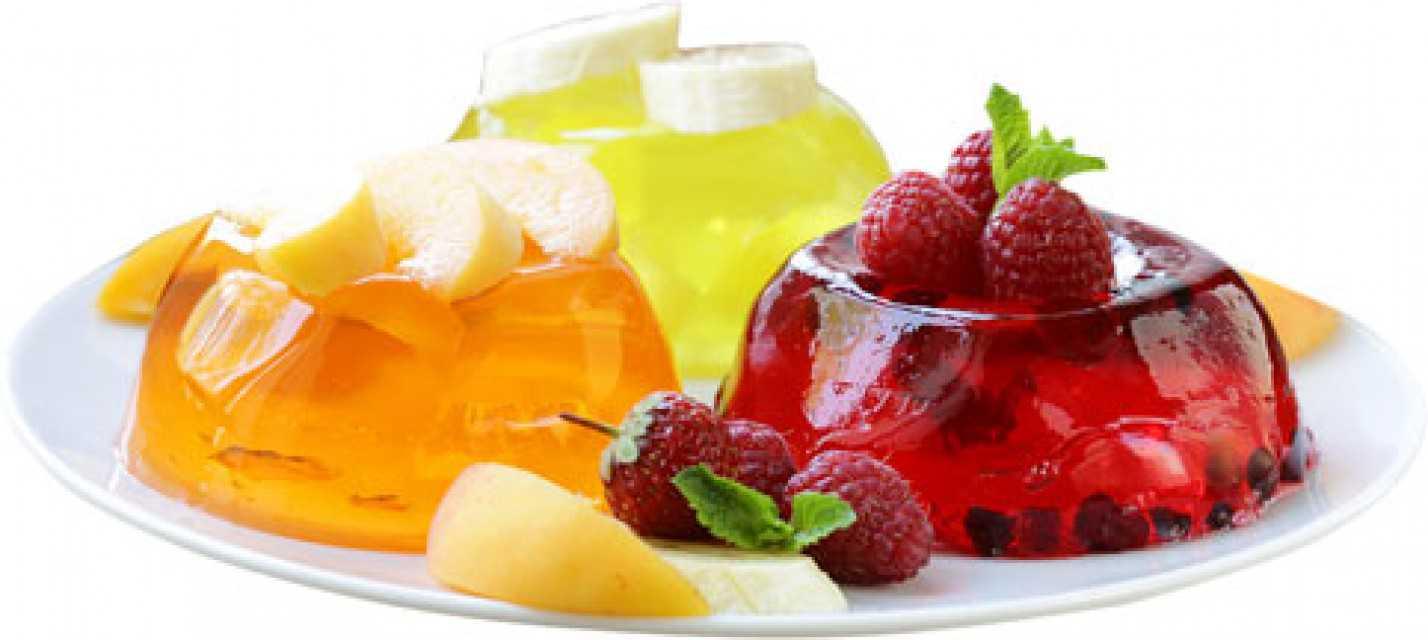Hydrocolloids are polysaccharides, proteins, or synthetic polymers that are used in food as thickening and gelling agents. They provide textural properties to foods without significantly contributing to their nutritional value. Some common hydrocolloids used in India include guar gum, xanthan gum, agar, carrageenan, alginates, and pectin. These natural additives undergo little or no chemical modification and find applications in various industries like food, pharmaceuticals, personal care and more.
India Hydrocolloids : Food Applications
The food is a major consumer of hydrocolloids in India. Guar gum and xanthan gum are widely used as thickeners in sauces, soups, dressings and gravies. Their high viscosity even at low concentrations provides uniform textures. Carrageenan and alginates help emulsify mixtures and suspend solids. They are commonly found in processed cheese, ice cream, whipped toppings and other dairy products. Pectin acts as a gelling agent in jams, jellies and fruit fillings. It allows fruits to set into spreads through a gel formation. Hydrocolloids improve mouthfeel and prevent separation in foods while using minimal quantities. They enable the development of low-calorie, low-fat food products.
India Hydrocolloids : Pharmaceutical Uses
Different hydrocolloids find application as excipients in pharmaceutical formulations. Guar gum and xanthan gum produce viscous liquids or hydrogels when mixed with water, making them suitable for suspension, emulsion and controlled-release products. Pectin interacts with cations like calcium to form thermo-reversible gels. This property allows it to be used in medication coatings that dissolve at body temperatures. Alginates form heat-stable gels and are utilized in antacid formulations. Carrageenan forms firm gels on cooling and is present in ointments and creams. Hydrocolloids help deliver drugs effectively, mask unpleasant tastes and control drug dissolution rates in the body.
Personal Care Utilization
Hydrocolloids act as thickening and stabilizing agents across hair, skin and oral care products. Guar gum and xanthan gum solutions impart silky feel and help suspend insoluble particles evenly. They are common components of conditioners, shampoos, lotions and creams. Agar and carrageenan are gelling polysaccharides included in various personal wash formulations like facial cleansers. Pectin's film-forming tendency is leveraged in hand and body scrub gels. Alginates form elastic gels perfect for toothpastes. Hydrocolloids enhance the sensory attributes of personal care formulations while maintaining long-term stability. They enable development of natural and vegan personal care lines.
Other Industrial Uses
Apart from food and personal care, hydrocolloids find niche applications in other industries as well. Guar gum and xanthan gum discover usage as additives in textile sizing, paper manufacturing, mining operations and oil well drilling processes due to their thickening abilities. Alginates form biomimetic scaffolds for tissue engineering studies. Their porous matrices mimic natural extracellular matrices and support cell growth. Carrageenan extracts display antiviral and antimicrobial characteristics enabling their evaluation as preservatives. Pectin's gelling property allows recovery and purification of valuable minerals through clarification of industrial waste streams. Hydrocolloids thus offer eco-friendly solutions across varied domains while utilizing renewable agricultural resources.
Regulatory Status Of India Hydrocolloids
All hydrocolloids employed by the food in India are notified and approved for usage by FSSAI. Products containing added gums and gelling agents need to specify concentrations as per packaging and labeling regulations. The purity, identity and safety tests to be conducted on food grade hydrocolloids are listed in related food safety standards. Personal care products are regulated by the CDSCO and ingredients must comply with specifications mentioned in official pharmacopeias. Other industries voluntary adopt international regulatory approvals and certifications wherever available for hydrocolloids to boost acceptability. Their natural origins and generally recognized as safe status has driven increased demand globally including rapidly growing applications within India.
Future Prospects
With India's rising Gross Domestic Product and evolving consumption patterns, the long-term outlook for hydrocolloids remains positive across major user industries. In the food sector, demand will emerge for specialized gums to develop novel textures and replace artificial ingredients. Pharmaceutical applications are expected to grow with increased health awareness, shifting disease profiles and an aging population. Personal care product ranges will expand further leading to new gum-based formulations. Use of eco-friendly hydrocolloids can help address sustainability challenges in sectors like packaging, textiles and mining as well. Overall, the Indian hydrocolloids appears poised to witness continued value growth with respect to both volume and applications served over the next decade.
Get more insights on this topic: https://uconnect.ae/read-blog/98739
Author Bio:
Alice Mutum is a seasoned senior content editor at Coherent Market Insights, leveraging extensive expertise gained from her previous role as a content writer. With seven years in content development, Alice masterfully employs SEO best practices and cutting-edge digital marketing strategies to craft high-ranking, impactful content. As an editor, she meticulously ensures flawless grammar and punctuation, precise data accuracy, and perfect alignment with audience needs in every research report. Alice's dedication to excellence and her strategic approach to content make her an invaluable asset in the world of market insights. (LinkedIn: www.linkedin.com/in/alice-mutum-3b247b137 )
*Note:
1. Source: Coherent Market Insights, Public sources, Desk research
2. We have leveraged AI tools to mine information and compile it

